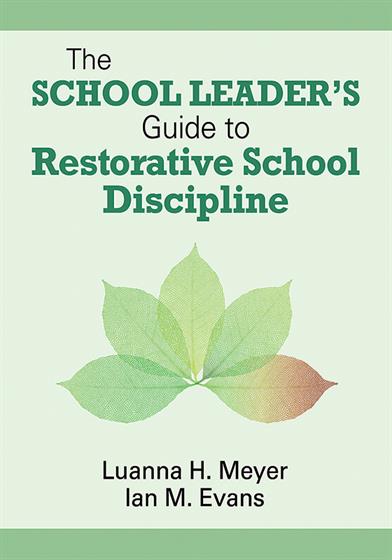
Hands-on, Practical Guidance for Educators
From math,
literacy, equity, multilingual learners, and SEL, to assessment, school counseling,
and education leadership, our books are research-based and authored by experts
on topics most relevant to what educators are facing today.
The School Leader’s Guide to Restorative School Discipline
The authors provide a research-based and field-tested model for school discipline that includes interventions for students with emotional, behavioral, and conduct disorders (including bullying), developmental disabilities, and autism.
Product Details
- Grade Level: PreK-12, Elementary, Secondary
- ISBN: 9781412998604
- Published By: Corwin
- Year: 2012
- Page Count: 184
- Publication date: February 28, 2013
Price: $39.95
For Instructors
When you select 'request review copy', you will be redirected to Sage Publishing (our parent site) to process your request.


